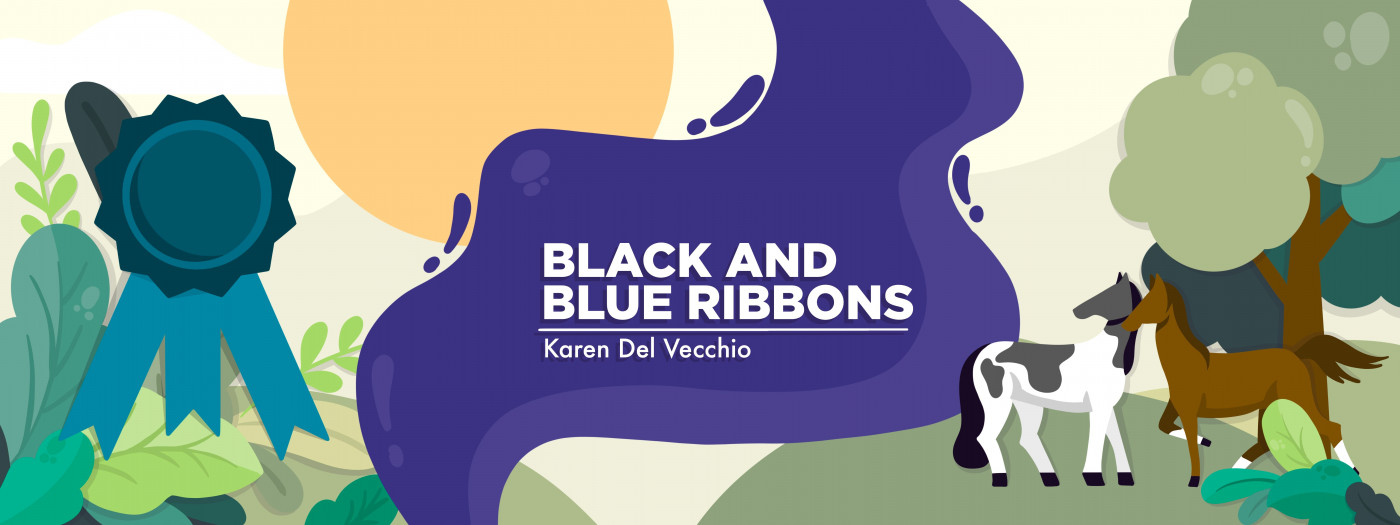Giving in to a holiday break taught me about self-care management
2 principles — rest and awareness — became clear after 2 weeks of downtime
Written by |

For the first time in years, I didn’t go anywhere at all during my two weeks of winter break from my work as a teacher and college counselor. Usually I visit extended family, but a variety of factors meant that just didn’t happen this year. With a rare stretch of free time at home, I decided to focus on two lessons of Ehlers-Danlos syndrome (EDS) self-care to start off my new year on the right foot.
If you’ve read even a handful of my columns over the years, you’ll be unsurprised to hear me say that I struggle to slow down, literally and figuratively. That’s partly because I’ve found that one of the best ways to manage my pain is through (reasonable) physical activity. Sitting too much causes me to get incredibly stiff and hurt, so I make moving around an important part of my daily routine.
Sometimes, though, that means I get busy and forget to take time to just be still, in mind and body. Between working full time and caring for my horses, dogs, and cats, I’m often a blur. With that in mind, I tried to make sure over the break that each day I took time to sit down and rest, without jumping into work emails or anything else.
Remembering what works
I found that consciously crashing on the couch and watching an old television show (my current favorites are “Hart of Dixie” and “Psych“) while my dogs sleep near me in their beds is the ultimate relaxation. I need to make a point to rest this way once or twice a week, even now that life and work are back in full swing. I was amazed at how much I quieted my mind with just 45 minutes of dedicated downtime.
The second self-care practice was making more effort to listen to my body. Sometimes my tendency to push through pain can serve me well in getting things done, but I often go past my boundaries out of pure stubbornness and a refusal to let EDS dictate what I can’t do. I’ve learned over the years that exploring my limits isn’t necessarily a bad thing; it’s ignoring and blowing past them that’s problematic. That’s when my stubbornness comes back around to bite me and I wind up sore or even injured.
I’m going to try to do less of that going forward. I’ve always hated what feels like giving in to my EDS, but over the years I’ve learned to reframe that negative into a positive by knowing my limits and respecting them. For a long time, I felt it was a loss when I didn’t do something, but now I’ve learned that setting appropriate boundaries and avoiding some tasks are actually setting myself up for success.
EDS requires constant management, but over the years I’ve found that small changes can sometimes be the most impactful. I’ve also learned that slipping in self-care doesn’t mean I’ve failed or done anything wrong. It’s just a reminder that I need to dedicate myself anew to my health. Having two weeks that allowed me to refocus on those principles will hopefully keep them top of mind going forward.
Note: Ehlers-Danlos News is strictly a news and information website about the disease. It does not provide medical advice, diagnosis, or treatment. This content is not intended to be a substitute for professional medical advice, diagnosis, or treatment. Always seek the advice of your physician or another qualified health provider with any questions you may have regarding a medical condition. Never disregard professional medical advice or delay in seeking it because of something you have read on this website. The opinions expressed in this column are not those of Ehlers-Danlos News or its parent company, Bionews, and are intended to spark discussion about issues pertaining to Ehlers-Danlos.




Dorrit Barrett
Your experience could be - or rather has been - mine. Probably the (selfinflicted) "guilt" about not being a 100% is driving us. I, too, have always found it necessary to work MORE than my "normal" collegues (high scjool/university teacher) To be ALWAYS doing something - often things more sensible, "lazy" friends paid others to do - or just didn't do!
At 78 I still feel bad about doing nothing. Even reading a book that I don't HAVE to read.
A psychiatrist once said: if you carry on till you are collapsing - you collapse!
So simple. And so hard to remember. Especially if you are youingish and your surroundings tell you that they just KNOW you work better under pressure!